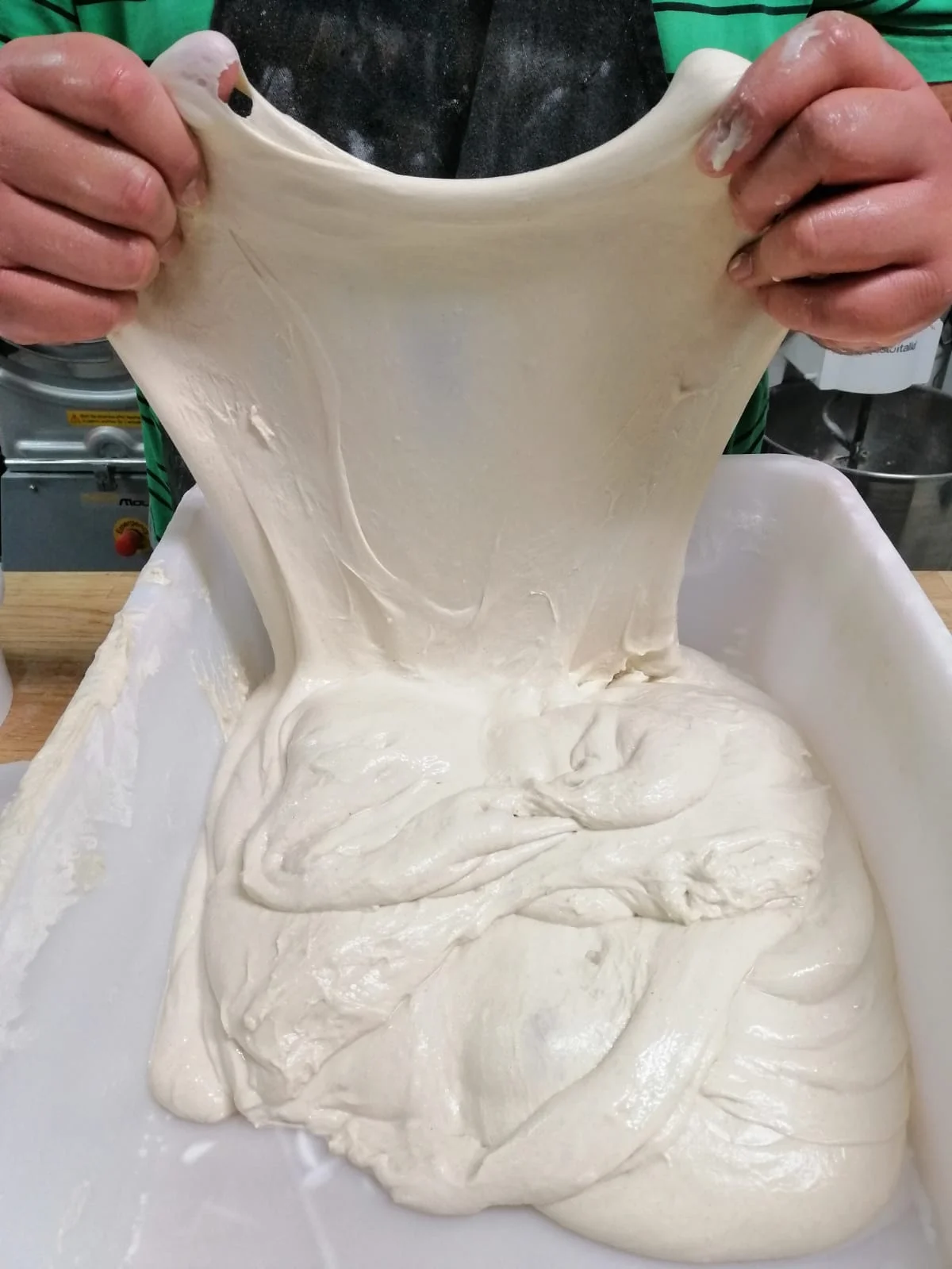The science of bread production and bread digestion makes for a fascinating political story.
It’s also a bit of a rabbit hole, if I’m honest, but throw in Russia’s most recent invasion of Ukraine and the “wheat war” that we may all be facing, and you’ve got a political discussion worth forming an opinion on; and that’s before we get sidetracked by fibre content and nutritional benefits… Wheat and bread are topics to be informed about in 2022.
Bacteria; nutrition; food labelling; traditional foods; modern diets; ancient civilisation; twentieth century food production; factories; grain markets; shelf lives; urban life; local foodways and international economics... It’s all in the science of bread and it’s incredibly interesting. If you want to get started on this discussion, here is a podcast. We all love a good podcast, right?! (It’s not long and it’s a good overview!)
Can bread be healthy? - podcast by ZOE Science & Nutrition (on all the usual podcast channels)
The ZOE podcast blurb goes as follows: “It’s no exaggeration to say that bread shaped modern humanity - it was the cultivation of wheat for flour that transformed our ancestors from hunter-gatherers to city dwellers. Today, millions of us start the day with a slice of toast, and most lunches in the US and UK are wrapped in a slice of bread or a burger bun as a cheap, flexible, and delicious energy source. But modern industrial processes designed to reduce the time and cost of baking mean today’s bread would be unrecognizable to our ancestors. Today’s bread tastes good but has lost most of its nutritional content. With most of its fiber gone, and no time for bacteria to work its fermenting magic, bread has become a simple starch, rapidly turned into sugar in our blood and offering little to support our gut bacteria. For this reason, bread is increasingly demonized as an evil carb. In today’s episode, Jonathan speaks to two authorities on the subject to ask: Can bread can ever be healthy?”
“Vanessa Kimbell is an author, founder of the sourdough school, and a specialist in bread nutrition and digestibility.
“Tim Spector is a co-founder at ZOE and one of the top 100 most cited scientists in the world.”


